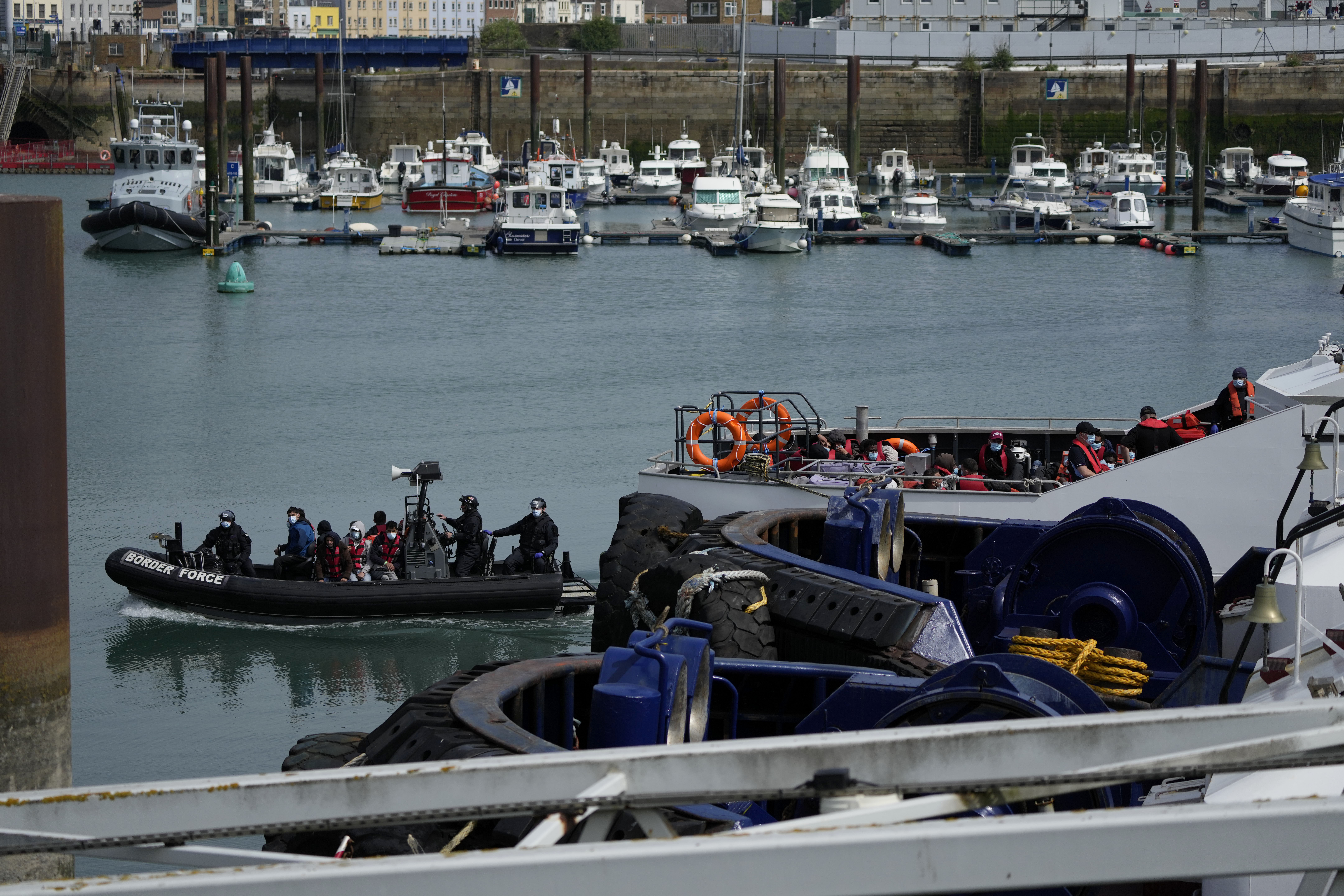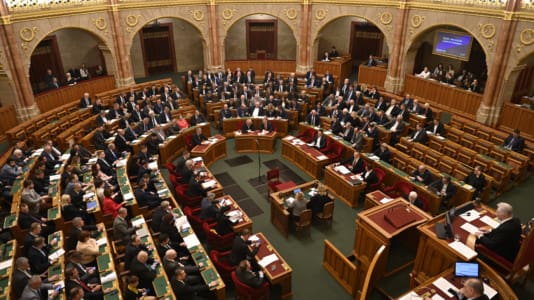Europe’s top human rights chief has urged U.K. lawmakers to prevent the passing of a new law to detain and deport asylum seekers who illegally enter the country in the latest intervention by a European body into Britain’s domestic agenda.
Dunja Mijatović, who currently serves as the human rights commissioner for the Council of Europe, penned a letter on Friday to the speakers of Britain’s bicameral legislatures, the House of Commons and the House of Lords, calling on parliamentarians to block the small boat migrants bill, recently proposed by the country’s Conservative government.
The commissioner argued the legislation would “add to the already significant regression of the protection of the human rights of refugees, asylum seekers, and migrants” in Britain, and claimed the proposed law would “provide an incentive to other states, in Europe and beyond, to follow the U.K.’s lead in evading and abdicating its responsibilities to people in need of protection.”
Mijatović took issue with several aspects of the bill, which would see anyone who arrives illegally in Britain, with or without a genuine asylum claim, detained upon entry and deported. Their asylum claim would only be considered once they are out of the country. The government signed an agreement with Rwanda last year where deportees will be sent to have their asylum application considered.
The commissioner objected to the U.K. government focusing solely on stopping the small boat crossings, which have seen record numbers of illegal arrivals into Britain in the past three years. While Prime Minister Rishi Sunak has vowed to expand safe and legal routes for people to apply for asylum before arriving in Britain, these routes will only be explored once the irregular border crossings have ceased, a timeline Mijatović considers to be unacceptable.
“In short, my assessment is that the bill would have serious consequences both for the rights of refugees, asylum seekers and migrants in the U.K., and for the upholding of the U.K.’s international obligations more generally,” Mijatović wrote.
The international obligations the commissioner refers to include the European Convention on Human Rights, a treaty to which the U.K. is currently a signatory despite major protestations by many Conservative backbenchers who have long claimed the convention prevents the U.K. government from adequately protecting its borders.
[pp id=68580]
“It is now essential that members of parliament and peers prevent legislation that is incompatible with the UK’s international obligations (from) being passed,” Mijatović added.
The extent to which the proposed legislation complies with Britain’s international obligations is currently unknown, even by the British government. When announcing the bill earlier this month, Home Secretary Suella Braverman told the House of Commons she was unable to offer a guarantee of its compliance with human rights obligations due to the approach toward tackling illegal immigration being “robust and novel.”
“This does not mean the provisions in the bill are incompatible with the Convention rights, only that there is a more than 50 percent chance that they may not be,” she added.
In a statement on the front page of the bill, the U.K. home secretary even wrote: “I am unable to make a statement that in my view the provisions of the Illegal Migration Bill are compatible with convention rights, but the government nevertheless wishes the house to proceed with the bill.”
Prime Minister Rishi Sunak remained defiant on Monday, telling reporters: “It is a tough piece of legislation, the likes of which we’ve never seen.
“It’s important that it’s effective, which it will be, but it’s also important that we abide by our international obligations. This is a country and a government that does follow the law.”






